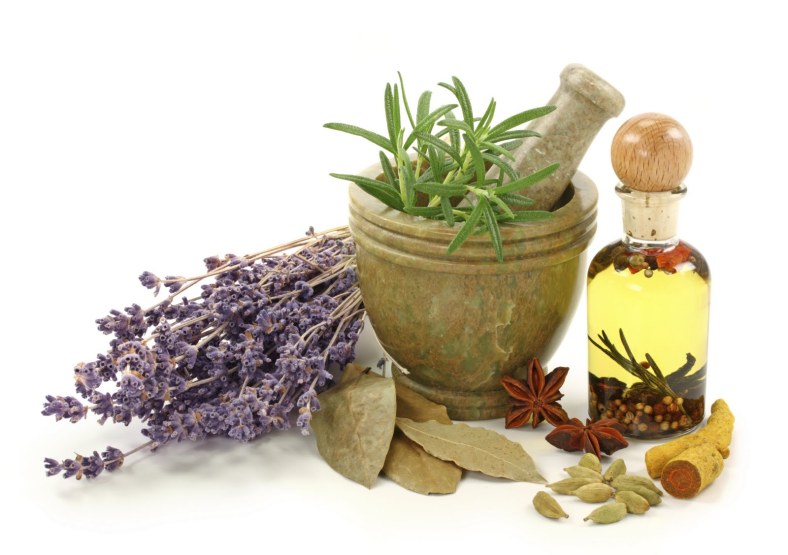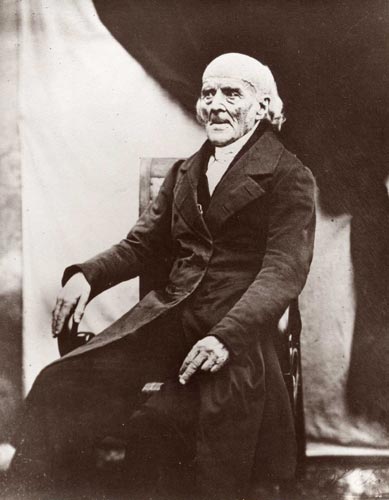
Hello dear readers,
In today’s world, most of us accept medicine as a science. Conventional medicine today divides the body into infinitely small and separate systems, and our problems are treated as dysfunctions of a system, requiring repair much like a broken machine. We are given foreign substances as treatment, but our emotional suffering is generally considered irrelevant and goes unheard and unnoticed.

We no longer associate the medical profession as an artful, holistic practice requiring insight and even wisdom. This is changing, and French homeopathic practitioner and doctor of sports medicine for France’s national soccer team, Martine Gardenal, says she prefers the term “médecine de vie” or life medicine to alternative medicine. She explains that the holistic process of healing the human being using living materials from plants, animals, and minerals is at the foundation of homeopathy, which treats like with like. The idea being that a substance which might make people who are healthy become sick or out of balance might allow those who are ill to become well.

Much like a vaccine, the basic principle behind homeopathic medicine is to figure out what is causing harm or disharmony within a person. Once the source of harm is found, which is often described as an unspoken word or an unconscious form of suffering which has translated to the body, the doctor finds an equivalent to this suffering in a natural substance. Based on the practitioner’s knowledge of the human body and the symbolic and chemical composition of pollutants, poisons, venom, and other noxious substances, a treatment is designed for that particular patient’s illness. The patient is then “inoculated” with this substance in a highly diluted form. In the French language, the word for “words” – “mots” sounds exactly the same as the plural form of the word for suffering, or “maux”.

The diagnostic process is interesting. The practitioner must figure out by questioning the patient about his or her personal as well as family life. Unresolved issues and pain caused or experienced by previous generations can spark disease in a person living today. The emotional body and cellular structure of the human being are extremely sensitive and subtle. To become an effective practitioner of homeopathy requires a great understanding of human nature, physiology, biology, natural sciences, psychology, wisdom, and compassion. The homeopathic doctor is almost a detective, carefully questioning the patient and analyzing each symptom.

Homeopathy was invented around 1796 by Samuel Hahnemann (1755-1843), born in the German town of Meissen, then Saxony. Hahnemann was a brilliant intellectual, writer, and tireless researcher. Convinced that the medicine of his time, devoted to dulling symptoms rather than curing diseases was not only a waste of time but also dangerous, Hahnemann spent years translating medical texts from all over the world. He stopped practicing medicine for many years, and he moved frequently with his family. His curious mind and scientific spirit caused him to put his entire family to work collecting poisonous plants, venomous insects, and other toxins, once he hypothesized that a very small dose of what would generally be considered a poison could possibly definitively cure a disease.
Hahnemann had sought to develop a medical system that relied solely on single drugs in harmless doses and based upon pure observation, empiricism and experiment. He sought to “do away with the blind chimney sweeper’s methods of dulling symptoms,” [Gumpert, 99] then so much in vogue. He fought “with redoubled energy for the purity of medicine. He struck deadly blows at three points: first, he believed that the doctor should prepare his own medicines; second, he advocated ever more definitely the administration of small doses; and, third, he was a most passionate opponent of mixed doses that contained a large number of ingredients.” [Gumpert, 96]
Working with a compounding pharmacist in his own home during the 8 years he spent in Paris, France, Hahnemann experimented with dosages and substances for various afflictions, eventually diluting the substances to a degree where only an infinitely small portion of the original substance remained. The medications were then activated by vigorous shaking. The shaking would cause the identity of the substance to be communicated to the remainder of the carrier (water, oil, sugar, or alcohol). In the theory of the memory of water developed by French researchers Jacques Benveniste and more recently Luc Montaigner as well as Japanese naturopath Masaru Emoto, the water retains an electromagnetic signal of the original medicine or substance that was diluted . As you can see, homeopathy is a form of quantum medicine, which relies on consciousness and electromagnetic fields. Water is a carrier of consciousness, acting much like a liquid crystal in a computer.

Hahnemann carefully documented case histories, treatment plans, and various dilutions and experiments. These documents can still be read and studied today. The art of homeopathy continues to develop and is being used to treat ordinary ailments as well as complex diseases such as autoimmune disorders. Many believe that homeopathy is a pseudo-science, or else that it is only effective for minor troubles such as cuts, bruises, or sore throats. But experienced practitioners deny this claim. The problem being that homeopathy cannot be evaluated according to conventional medical standards. For example, double blind studies cannot be conducted because of the individualized nature of the treatments.
What works for one person may not work for another. In each case, the practitioner carefully listens to the person’s symptoms, expression of feelings, and analyzes family dynamics and family history. If a person self-treats, the full effect of the treatment may not work, because the wisdom and the intent of the practitioner participate in the healing process of the patient. Homeopathy is not about chemistry; it is based on physics. Physics and energy medicine will most likely emerge as powerful healing technology, possibly soon replacing the chemistry based drugs upon which we now rely.

In spite of the continued debate regarding the validity of homeopathy, about 56% of French people trust in it and use it regularly. It is much easier to find homeopathic practitioners and products in France than it is in the United States to date, but prejudice against the profession and its products is deep-rooted even in Europe, where the practice originated.

As humanity moves closer to a global shift into higher consciousness, I predict an expansion of the healing arts and an increased respect for holistic practices and wisdom in medicine. As human knowledge of quantum physics, entanglement, the powerful effects of human consciousness on the creation of reality expand, we will see patients becoming increasingly self-aware, responsible, and empowered in their own healing process.

The mapping of the human genome indicates that we each have 23 pairs of chromosomes. Esoteric teachers such as the channeled magnetic master Kryon have revealed that the Universe is built on a base of 12, and that all mathematics of the universe and in nature follow this pattern. He explains that there is a 24th pair of chromosomes in the human genome remaining to be discovered, and that the hidden pair is quantum. According to Kryon, when we discover the missing laws of physics – the 5th and 6th laws involving strong and weak inter-dimensional forces, we will have at hand new keys for understanding reality and for self-healing.

Homeopathy is a bridge leading towards quantum healing, which requires on the part of healer and healed pure intent and discarding of negative energies and blockages. The intuitive human being knows how to remove the blockages which prevent the human body from living unhindered in the quantum or unified field. This is the definition of disease – living outside of harmony. Current understanding of consciousness takes into account that the consciousness of the scientific observer has an effect on the outcome of experiments. We will soon begin to understand how the intent of the medical practitioner as well as the intent and attitude of the patient inform the healing experience. The placebo effect does play a role in homeopathy and is a recognized though not yet understood process. Placebos as well as homeopathic treatments are effective for humans as well as animals, and the consciousness of intent may well play a key role in the success of these treatments.

Homeopathic medicine requires a sensitive and compassionate ear. A qualified practitioner is a person who is able to sense and understand the suffering and blockages which prevent a person from healing herself. By removing the blocks, the human being is freed, and the body restores itself to its natural state – harmony. This is the new medicine.
Links:
